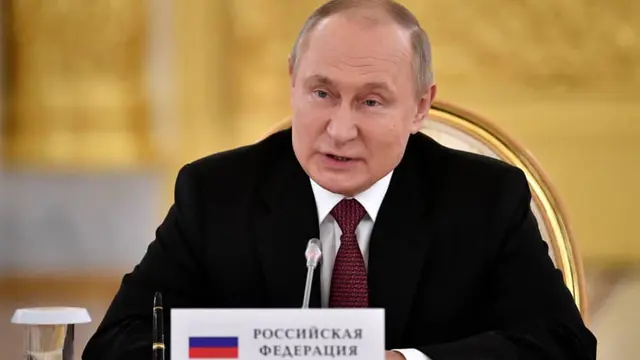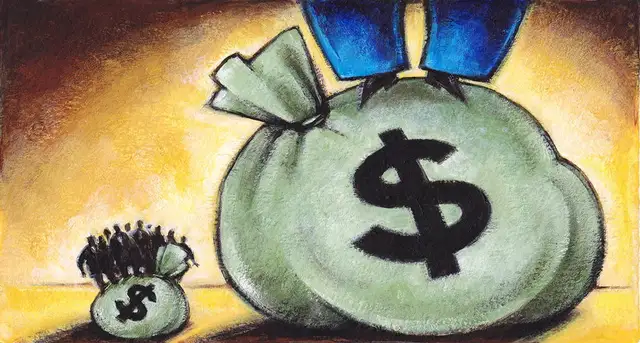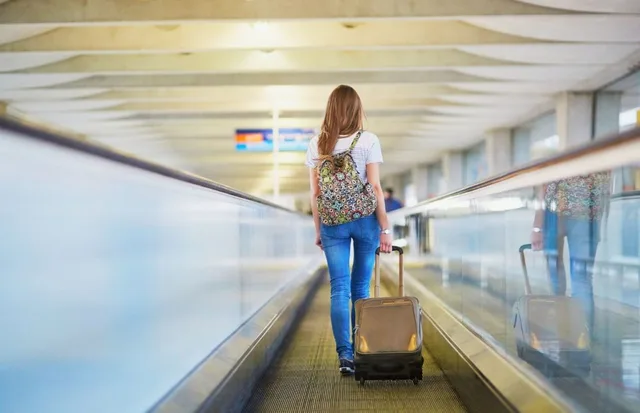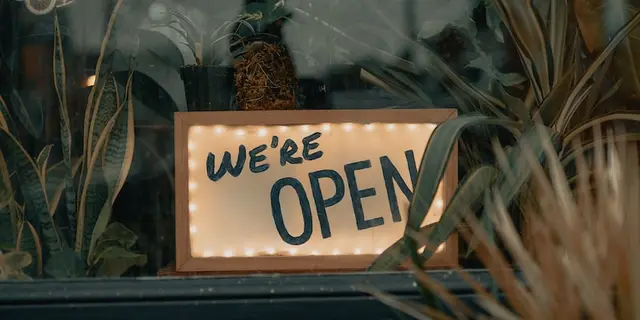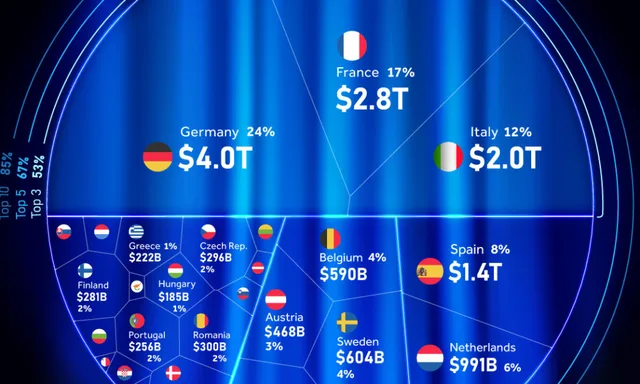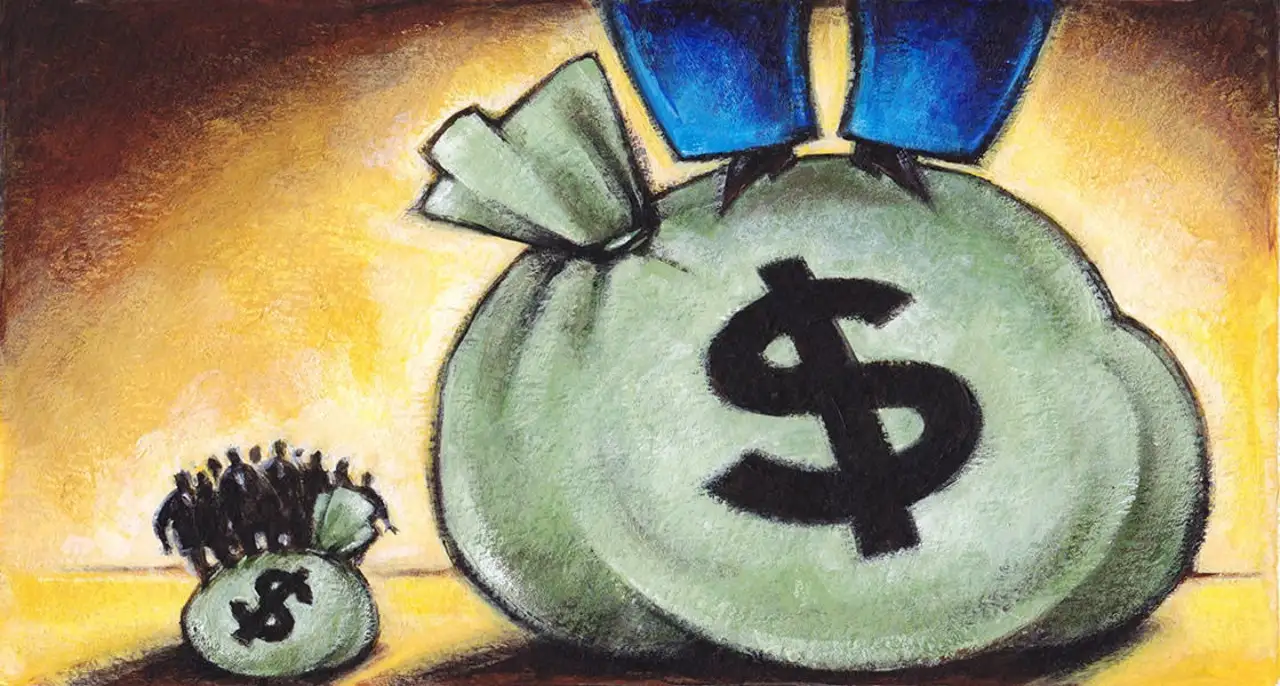
Do the poor have a say in an economy?
How Can the Poor Gain a Voice in the Economy?
The economic gap between the rich and the poor has been steadily increasing. This means that the poor often feel like their voice is not heard in the economy. They may feel like their needs and concerns go unheard, and their votes and opinions don’t count. But there are steps the poor can take to gain a voice in the economy.
Get Involved in Politics
One of the best ways for the poor to gain a voice in the economy is to become involved in politics. This can include voting for politicians who represent the interests of the poor, and attending local meetings and rallies to express their opinions. By becoming involved in politics, the poor can ensure that their needs are represented in the government and the economy.
Organize For Change
The poor can also gain a voice in the economy by organizing for change. This can mean joining advocacy groups that support the rights of the poor, or organizing protests and rallies to draw attention to their cause. By coming together, the poor can make their voices heard and push for change in the economy.
Support Businesses That Help The Poor
The poor can also support businesses that help the poor. This can mean patronizing businesses that employ the poor, or donating to charities that provide services to the poor. By supporting these businesses, the poor can ensure that their voice is heard in the economy.
Educate Yourself
Finally, the poor can gain a voice in the economy by educating themselves on the issues. This can mean reading economic news, attending seminars on economic theory, or talking to experts in the field. By understanding the economy, the poor can make informed decisions and ensure that their voice is heard.
Exploring the Impact of Economic Inequality on the Poor
Economic inequality has been a major issue for decades, and it is one that affects all levels of society. But the impact of this inequality is felt most keenly by those at the lower end of the economic scale: the poor.
The gap between the rich and the poor has been widening in recent years, with the wealthiest 1 percent of the population now controlling a larger share of the global wealth than ever before. This has resulted in a situation in which the poor have been left further and further behind, unable to access the same opportunities as those with more money.
One of the most obvious effects of economic inequality is that the poor are often unable to access basic services and amenities. This includes basic healthcare, education, housing, and employment opportunities. Without access to these services, the poor are often unable to improve their circumstances and are thus left with few options for escape from poverty.
The lack of access to basic services also has an impact on the political system. As the poor are unable to participate fully in the political process, their voices are often excluded from the decision-making process. This means that their needs and concerns are not taken into account when policies are being formulated, leading to a situation in which the wealthy are able to benefit more than the poor.
Another way in which economic inequality affects the poor is through the unequal distribution of resources. Those at the top of the economic ladder have access to more resources than those at the bottom, meaning that the poor are often left with fewer resources to work with. This can lead to a situation in which the poor are unable to find employment or are unable to take advantage of opportunities that may be available.
Finally, economic inequality can also lead to a sense of alienation and marginalization among the poor. This can lead to feelings of resentment and anger, and can lead to a sense of hopelessness and despair. This can further entrench the existing economic inequalities, creating a vicious cycle in which the poor remain stuck in poverty.
In conclusion, economic inequality has a profound impact on the poor, leaving them without access to basic services, resources, and political power. The effects of this inequality can be long-lasting and difficult to overcome, and as such, it is important that measures are taken to reduce inequality and ensure that everyone has an equal chance at achieving economic success.
Examining the Role of Government in Protecting the Rights of the Poor
Living in poverty is a difficult reality for millions of people around the world. There are many factors that determine why some people are able to live comfortably while others struggle to survive. One such factor is the role of the government in protecting the rights of the poor. In many countries, the government has an obligation to provide a minimum level of services and resources to those in need.
The government can play a crucial role in creating opportunities for the poor to access education, healthcare, and basic necessities. This can include providing free healthcare and education, as well as creating programs to increase access to job training, housing, and other resources. Governments can also provide direct financial assistance to the poor to help them meet their basic needs.
In addition, governments can ensure that the laws and regulations that govern the economy are fair and equitable for everyone. This includes setting minimum wages and ensuring that businesses are paying fair wages to their employees. Governments can also create tax laws that are designed to benefit the poor, such as providing tax credits and deductions for those living in poverty.
The government can also play a role in ensuring that the rights of the poor are respected. This includes enacting laws that protect the rights of workers, such as establishing a minimum wage and ensuring that employers are abiding by labor laws. Governments can also provide legal aid and support to those living in poverty to ensure they have access to justice.
Finally, governments can create social policies that are designed to benefit the poor. This can include providing access to affordable housing and creating programs to help the poor access basic necessities. Governments can also provide access to mental health services and other resources to those living in poverty.
The role of the government in protecting the rights of the poor is an important one, and it is essential that governments take steps to ensure that the poor are able to access the resources and opportunities they need to improve their lives. By providing access to education, healthcare, and other resources, governments can help the poor to break the cycle of poverty and create a brighter future for themselves and their families.
What Can We Do to Increase Economic Opportunity for the Poor?
For many people, economic opportunity is a distant dream. The widening gulf between the rich and the poor has resulted in a world where the poor lack the resources to create a better life for themselves and their families. It’s clear that we need to take action if we want to bridge the gap between the two socio-economic classes. Here are some ideas for how we can increase economic opportunity for the poor.
Encourage Education
One of the most effective ways to increase economic opportunity for the poor is to encourage education. Education is the key to unlocking future economic options and can help to break the cycle of poverty. We can do this by making education more accessible and affordable. Government scholarships and loan programs can help to make education a reality for those who would otherwise not be able to afford it. Additionally, we can provide incentives for those who are pursuing higher education, such as increased job opportunities and higher wages.
Reduce Barriers to Employment
Another way to increase economic opportunity for the poor is to reduce barriers to employment. This can include eliminating discriminatory practices in the workplace and providing resources to help those in poverty find jobs. Additionally, we can encourage businesses to provide more job opportunities to those in poverty. This could include providing job training, job placement services, and incentives for employers to hire those living in poverty.
Provide Increased Access to Financial Resources
In order to increase economic opportunity for the poor, we need to provide them with access to financial resources. This can include providing access to credit, grants, and other forms of financing. We can also provide incentives for those in poverty to save money and build wealth. This could include providing low-interest loans and financial education opportunities. Additionally, we can support initiatives that focus on providing financial literacy and resources to those living in poverty.
Increase Access to Affordable Housing
Finally, we need to increase access to affordable housing. This can include providing low-income housing options and encouraging businesses to provide housing for those in poverty. Additionally, we can provide resources and incentives for those looking to purchase their own homes. This could include grants, tax incentives, and other forms of financial assistance.
Increasing economic opportunity for the poor is essential if we want to bridge the gap between the two socio-economic classes. We can do this by encouraging education, reducing barriers to employment, providing increased access to financial resources, and increasing access to affordable housing. By taking these steps, we can empower those in poverty to create a better life for themselves and their families.

